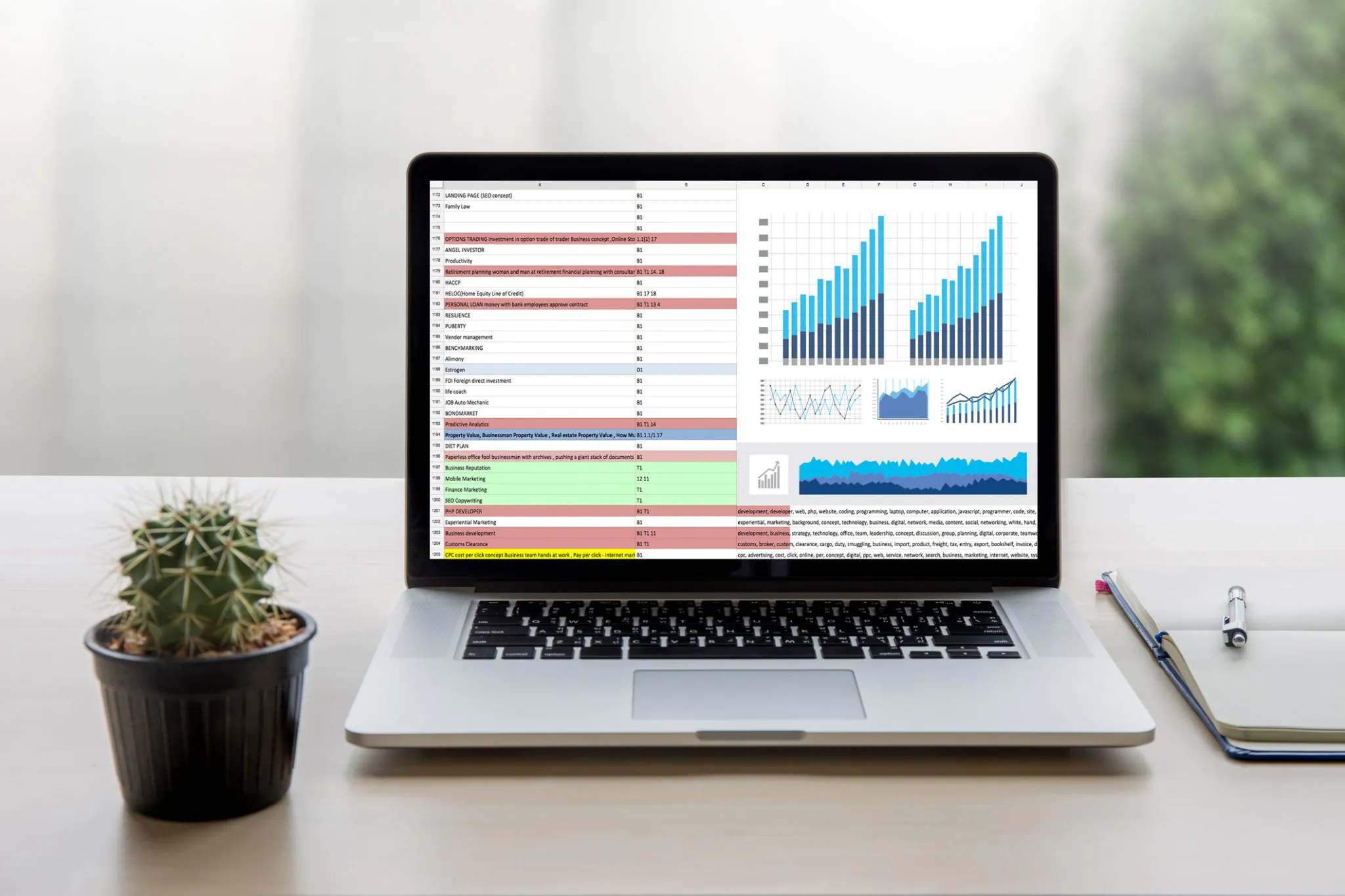In today’s article, we’re going to break down 9 simple steps you need to know on how to build your business credit in 2023. Each step will clearly illustrate why it is important and what its role is in building your business credit. Everyone has heard the phrase “It takes money to make money”, but did you know that it also takes a well-managed business credit history to get financing? In this article, we will discuss how to build business credit in 9 easy steps.
How Do Beginners Build Business Credit?
Building business credit for your new business is a process that begins with the formation of your business. The information below explains how to set up your limited liability company (LLC) or corporation and get it registered so you can begin building business credit. Getting your first business credit card is an exciting first step for any new business owner. You’ve spent the last few years working hard on building a business from scratch, and there’s nothing better than now being able to reap the rewards of all your hard work. Using what you’ve learned from your business education (like reading blogs like this), you can confidently apply all the right information to build great business credit.
Start Building Your Credit Today. Bizvibe Will Help You Build Credit.
Building business credit is not difficult. It simply takes time. You can start building business credit with any one of the following actions:
Open a business bank account. If you don’t have an existing business bank account, it’s relatively easy to open one online or at a local branch. The hard part is getting approved for the loan or line of credit that you’ll need to operate your business. You’ll want to apply for this before you open the account so that you know what you’re dealing with before committing to anything.
Get a merchant card or credit card machine. These are two ways that you can start accepting payments for services and products without having to wait for checks or cash in hand first. These also help build your personal credit history as well as your business’ credibility in the eyes of potential lenders and investors.
Buy equipment and supplies on credit cards or loans if you have them available, even if they’re only small amounts at first — as little as $500 should do it if it’s something like an extra computer monitor or printer ink cartridge — while still making regular payments on time every month until your balance is paid off completely.
How to Build Business Credit in 9 Easy Steps in 2023
Building business credit is a necessary step for most small businesses. But it can be a confusing and difficult process for new entrepreneurs. With the right tools, though, you can build business credit in just 9 steps.
1. Know the Difference Between Good and Bad Credit
Building business credit means using your credit to help your company grow. For example, if you want to buy office equipment for your start-up, you might use your credit card to pay for it — and then pay off that balance with cash from the company’s bank account. That way, when creditors check on your business’s financial status, they see that you have enough cash flow to service debts and keep up with payments on time. They also see that you have access to personal assets such as your home or car so they know they can get paid back if they lend money to your company.
2. Get Organized
The first step toward building good business credit is getting organized with good record-keeping practices. Start by setting up a filing system that works for you and organizing all relevant financial documents in one place (such as in a folder on your desktop). Also, make sure all checks are accounted for so there aren’t any missing checks floating around out there somewhere!
3. Set Up A Separate Bank Account For Your Business
If possible, open an account at a local bank or credit union where you know someone who works there and can vouch for your good character. That person should also be able to confirm that the business is legitimate and has an established presence in the community. This will help establish credibility with lenders and make it easier for them to approve loans for your business.
4. Pay Bill on Time
Pay all bills on time — including utilities, rent, and other expenses — from this account (or use another one if necessary). Your payment history will be reported to the three major credit bureaus (Equifax, TransUnion, and Experian) as well as any other companies that report information such as utility companies or landlords). Being late on payments could negatively impact your credit score; paying
5. Open corporate credit cards in your company’s name
If you’re just starting a business, you’ll have to start building business credit by using personal credit cards. Start by opening up corporate credit cards in your company’s name.
6. Apply for employee credit cards and personal loans in your company’s name
Next, apply for employee credit cards and personal loans in your company’s name. If you have any employees, they should also get their cards so that they can build their history as well.
7. Pay off all balances on time every month
Once you have several accounts open with your business name on them, make sure that all balances are paid off each month. You don’t want negative marks on your reports due to late payments or high balances — especially at first when it will take some time to build up positive history!
8. Establish Trade Deals With Suppliers
This is one of the most important steps to building business credit. To be able to establish credit, you’ll need to have at least three suppliers that are willing to extend you a line of credit. The more suppliers you have, the better! If you’re just starting, it’s best to get a few small-ticket items from different suppliers so you can work on building up your payment history and establishing good relationships with these vendors.
9. Keep Track 0f All Expenses
Keep track of all expenses by using accounting software like QuickBooks or FreshBooks. Keeping track of your expenses is one of the most important things you can do to build business credit. You will need to have a consistent way of tracking all spending, including rent, utilities, and other business expenses. There are many accounting software programs available for small businesses, such as QuickBooks and FreshBooks. If you are not sure which program is right for your company, it may be beneficial to reach out to a local accountant who can help you determine which software is best suited for your needs.
These are our top 9 tips on how to build business credit in 2023. Business credit is your company’s credibility in the form of a score. It is used when lenders want to assess your company’s likelihood of repaying a loan. To build business credit, you will need to show creditors such as banks and finance companies that you are strong enough to repay loans and you can do this by; putting down significant sums of cash in your business, creating legal documents, and registering your business with national and state organizations, meeting financial responsibilities, making trade payables on time and keeping an eye on accounts receivables. Businesses that have been around for many years or decades have an easier time getting approved for loans, but if you are just starting don’t worry there are ways to build credit.



